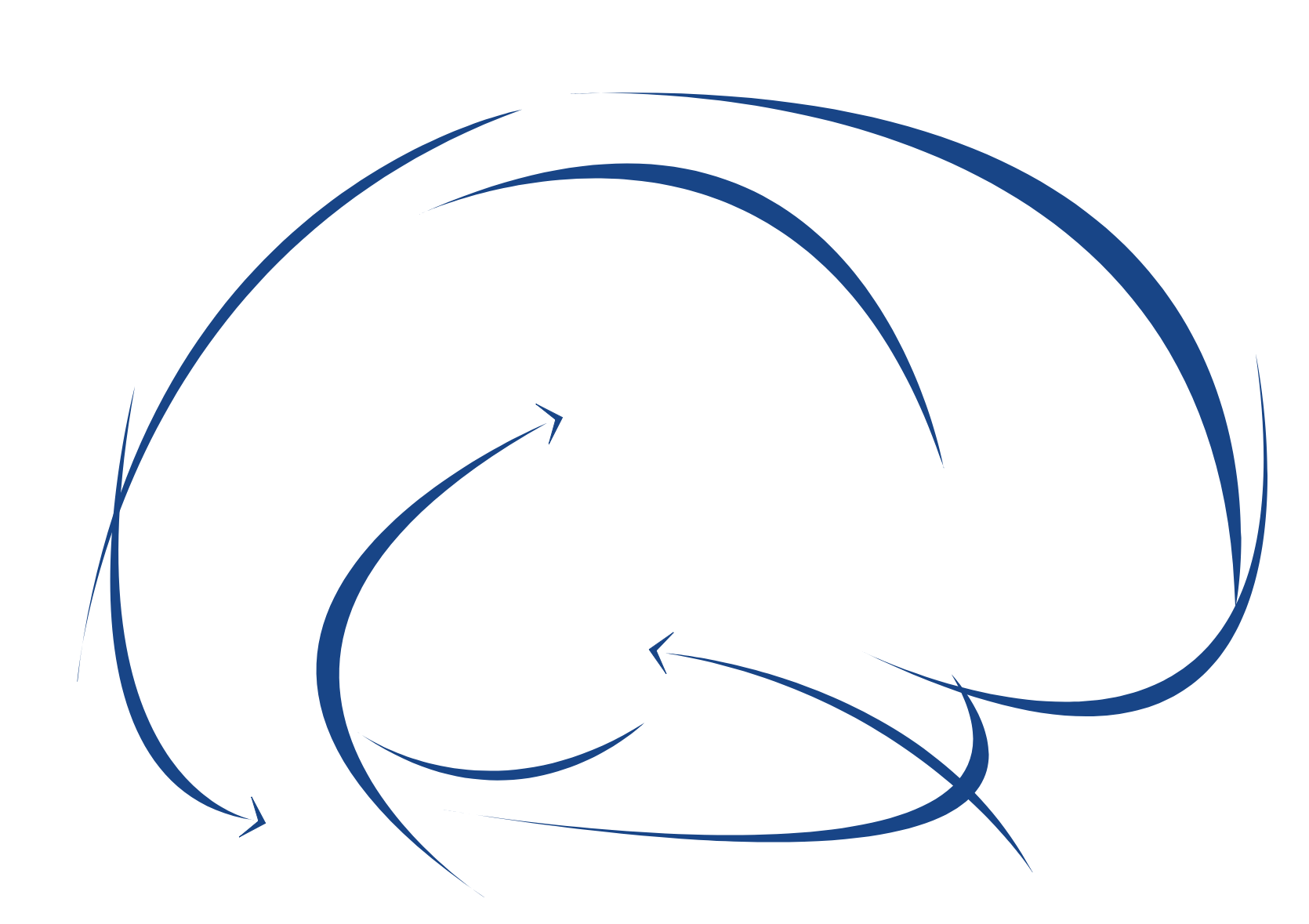Speaker: Hauður Freyja Ólafsdóttir Donders Institute for Brain, Cognition and Behaviour Radboud University, the Netherlands
Title: Hippocampal single-neuron and network signatures of spatial memory
Abstract: The capability to form detailed, context specific episodic and spatial memories is central to our personal identity and supports adaptive decision making. This ability is thought to be underpinned by the activity of principal cells of the hippocampus and precisely timed interactions between the hippocampus and downstream cortical regions during quiescent periods. Specifically, during rest and sleep, hippocampal principal cells reactivate (‘replay’) activity traces reflecting wakeful experiences. Memory reactivations are thought to stabilise newly formed, labile memory traces and instigate plasticity in cortical areas, leading with time to the development of complementary cortical memory traces and long-term memory. Additionally, replay occurring during awake periods has been postulated to support memory retrieval and planning. In this talk, I will present published and unpublished data which gives insight into the behavioural and network determinants of replay and its role in cognition, showing that behavioural state and engagement with current task demands influences replay content and the neural circuits participating in replay. Further, I will discuss recent unpublished data form my lab which indicates that hippocampal-cortical replay interactions may be mediated by oscillatory coupling of cortical cells to the hippocampal theta-band during encoding periods; suggesting theta-band oscillations may be causally involved in long-term memory formation. Finally, I will discuss on-going work from my lab where we are employing an ontogenetic approach to understanding the single-cell and network underpinnings of mature explicit memory and to elucidate the fundamental principles supporting cognitive development. Bio: Freyja Olafsdottir received her PhD in Neuroscience from University College London (UK) in 2014 under the supervision of Prof. Hugo Spiers. Her thesis focused on the role of hippocampal place cell activity during sleep and wakefulness in spatial navigation. During her postdoc, in Dr. Caswell Barry’s (UCL) lab, she studied the contribution of hippocampalcortical communication during different behavioral states to memory consolidation and spatial planning. In 2018 she received a Donders Mohrmann fellowship to start her own lab at the Donders Institute for Brain, Cognition and Behaviour (Radboud University, the Netherlands). The primary research objectives of her lab are to elucidate the neural circuit mechanisms underlying episodic and spatial memory, in development and adulthood, using state-of-the-art systems neuroscience techniques.
